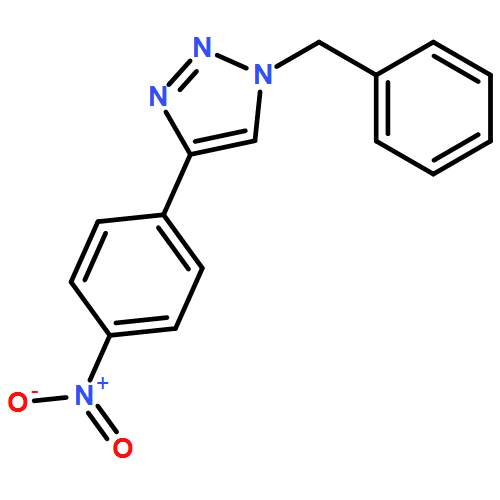Copper(I)-catalyzed azide alkyne cycloaddition is now a widely used tool for the synthesis of elaborated compounds. Until now, few stable and efficient copper(I) catalysts are available despite the limitations inherent to approaches employing the in situ reduction of a CuII species to deliver the catalytic system. We report that the combination of a copper(I)-mesoionic N-heterocyclic carbene (MIC) with a phenanthroline derivative generates a highly active catalyst, functioning in aqueous alcoholic solvent, without the intervention of a reducing agent. This catalytic system surpasses related ‘normal’ N-heterocyclic carbene-based systems in their efficiency.

Figure optionsDownload full-size imageDownload as PowerPoint slide
